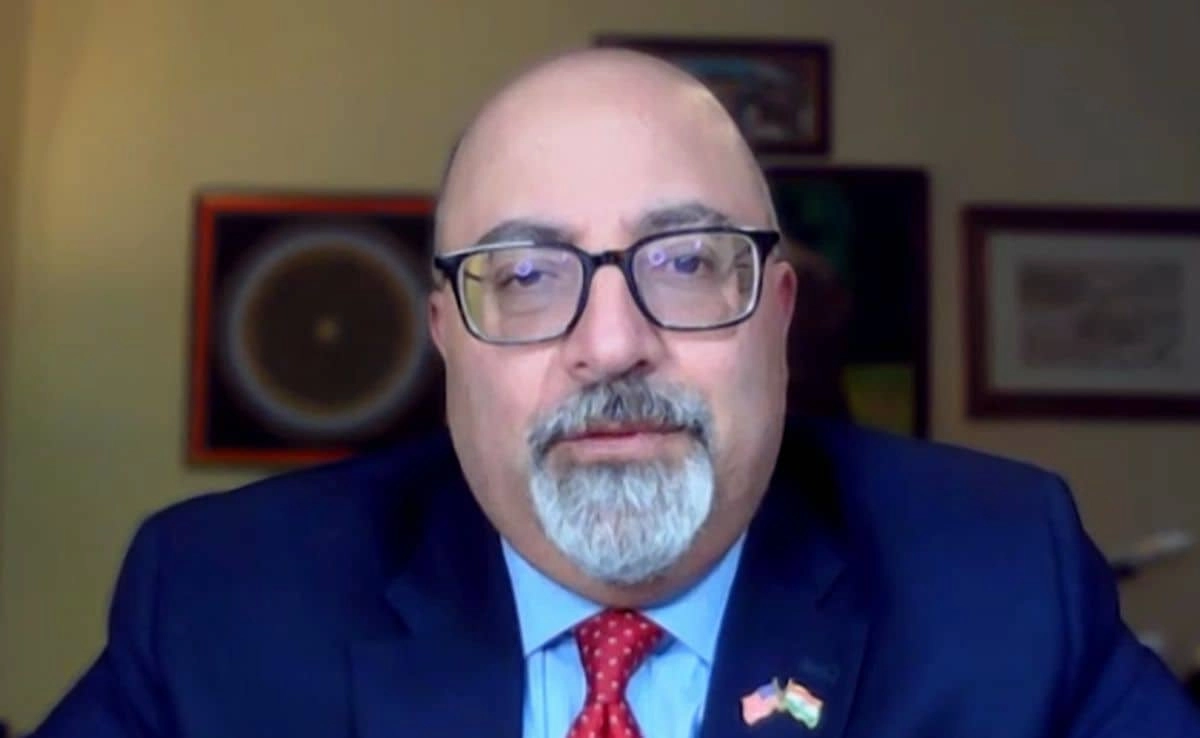In a recent statement, a former U.S. envoy to India highlighted that agriculture remains one of the most sensitive issues in the context of the interim trade deal between the two nations. The envoy underscored the complexities surrounding agricultural policies, which are often deeply intertwined with domestic politics and economic strategies. This sensitivity arises from the fact that agricultural sectors are not only vital for food security but also for the livelihoods of millions of farmers. Any trade agreement that involves agricultural products is likely to face significant scrutiny and resistance from various stakeholders, including farmers’ unions and political groups concerned about potential impacts on local markets and prices.
The envoy pointed out that both the United States and India have unique challenges when it comes to agricultural trade. For the U.S., there are concerns about the export of agricultural products and maintaining competitive pricing in the global market. On the other hand, India, with its diverse agricultural landscape, is focused on protecting its farmers from international competition that could undermine their income. This delicate balance between protecting domestic interests and fostering international trade creates a challenging environment for negotiators. As both nations work towards an interim trade deal, these agricultural issues will likely be at the forefront of discussions.
Moreover, the former envoy emphasized that successful negotiations on agricultural matters could pave the way for broader cooperation in other sectors, such as technology and manufacturing. However, compromise will be essential. For instance, India may need to assess its tariff structures and standards on agricultural imports, while the U.S. could consider offering concessions that bolster India’s agricultural exports. The complexity of these negotiations cannot be underestimated, as they require careful consideration of not only economic implications but also the social fabric of rural communities in both countries.
As discussions continue, it will be critical for both sides to engage in transparent dialogue, ensuring that the voices of farmers and agricultural stakeholders are heard. This approach could lead to more sustainable agreements that benefit both economies. Ultimately, finding common ground on agricultural issues will not only enhance trade relations but also contribute to strengthening the overall partnership between the United States and India. The path forward is fraught with challenges, but with strategic diplomacy and a willingness to adapt, both countries can work towards a successful interim trade deal that addresses these sensitive agricultural concerns.




